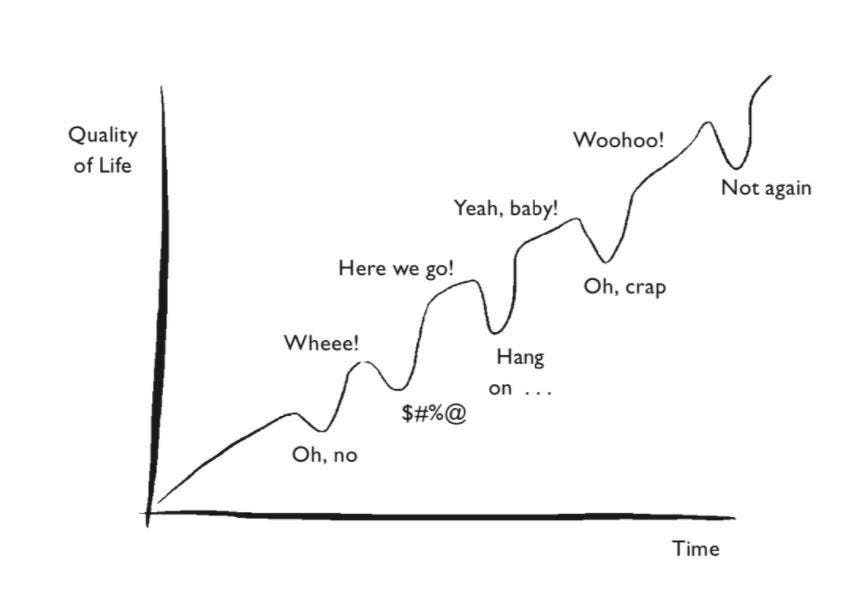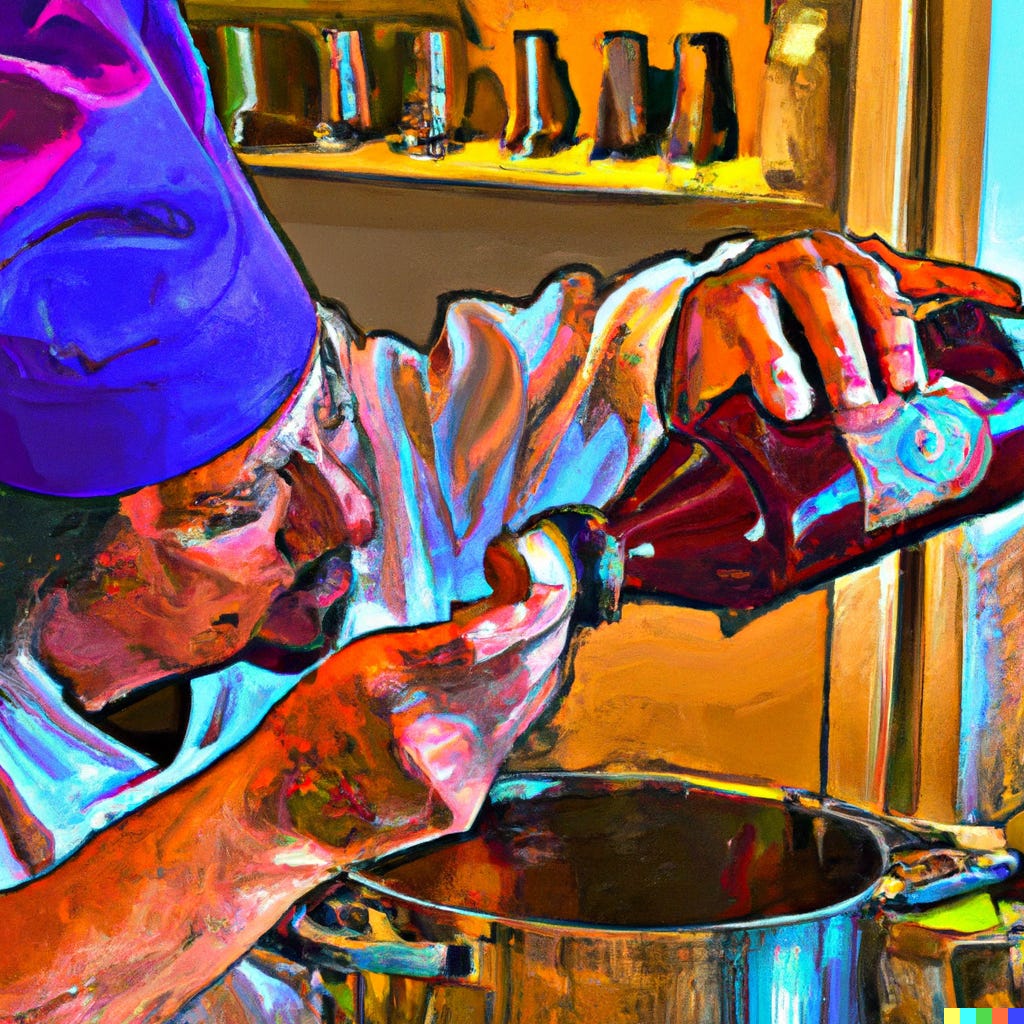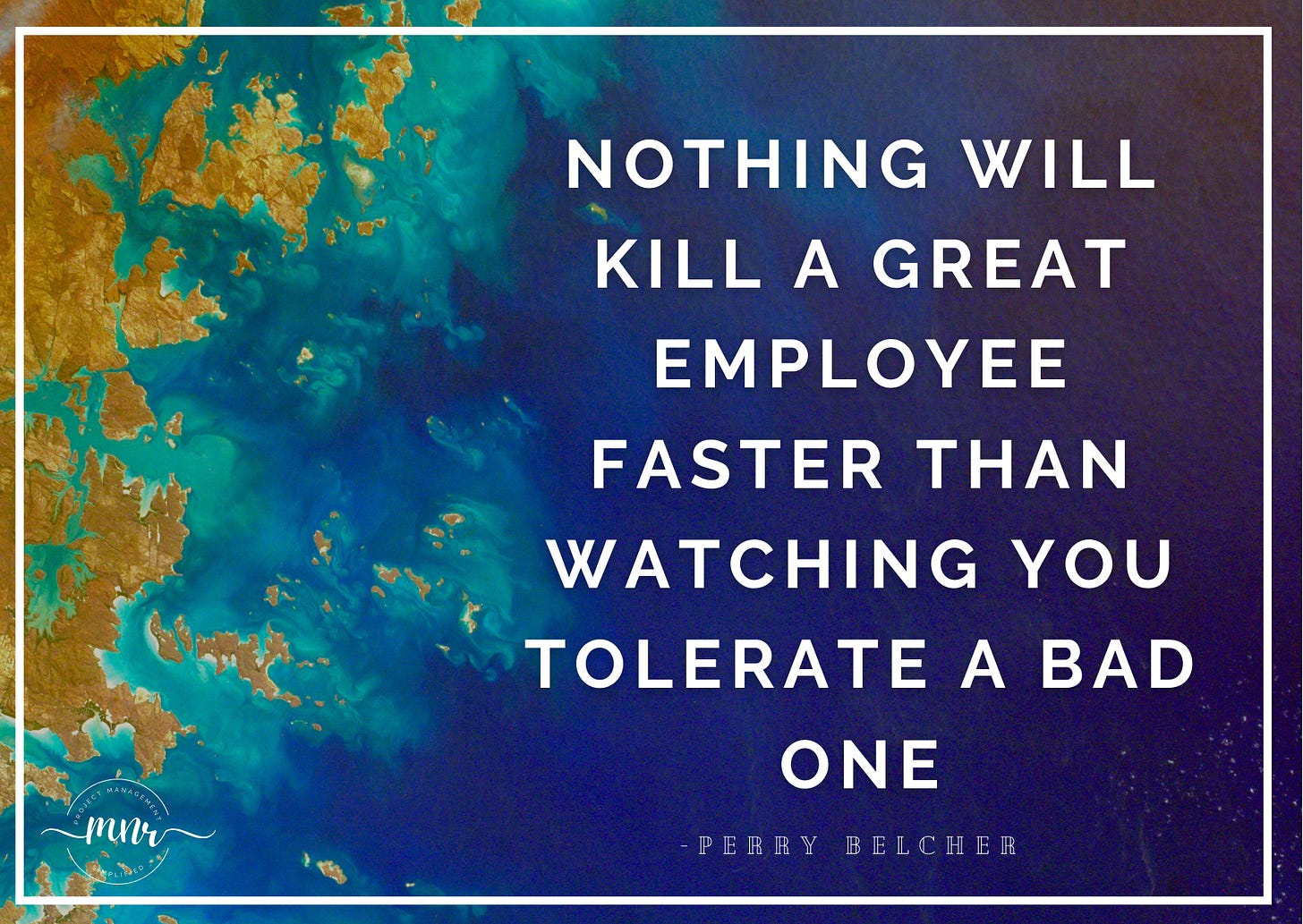Introduction
Figure 1: Thriving Vs Surviving
Pic source: https://www.linkedin.com/pulse/enough-survive-we-need-strive-thrive-jakki-lovewell/
When people talk about teamwork, they are typically talking about how well a team co-ordinates to achieve a common goal. The difference between an effective team and a successful one is not black and white. While the former would be able to follow the processes outlined and systematically ‘tick all the boxes’ the latter improvises, strives to raise the bar, and comes out on top regardless of the circumstances. A simple analogy would be rote learning Vs conceptual learning. While those in the first category can survive, those in the second will thrive!
Horses for courses
There are umpteen books and content on the web, talking about teamwork with many focusing on the traits of a good team as well as what skills a leader should possess, I would not want to repeat those. Rather my focus would be on what is typically missed out. The secret sauce of the recipe. Are the individuals cut out for the job wrt their interest levels, work ethics, integrity, and attitude? An individual contributor might not always thrive in a team environment. The parts should add up, more than the whole for a team to thrive.
Let’s take the example of a recipe. To ensure the dish is cooked to perfection, one needs to make sure the ingredients are of quality, complement each other and are added at just the right time, in the right quantity, and of course, cooked adequately.
Likewise, in a team, if we don’t ensure that individuals with the right attitude, skill and interests are selected to begin with, we then set ourselves up for failure! They should have the Emotional Quotient (EQ) to work together and assist each other organically. We can get away with this in teams where high-quality output is not required or expected, but if we want to inculcate #excellence in every aspect of our output, we need to ensure the building blocks reflect likewise.
Here I am not referring to hardworking individuals like those who have a good attitude, and give it their all, but are unable to fit in because their skills don’t align. I am referring to the ones who rebel and have poor work ethics. The ones who work harder towards trying to rally other team members to not follow ground rules rather than putting their efforts into sticking to a plan and doing what is right for the team.
I personally have seen many leaders hesitate/ unable to put their foot down and make a change in the team composition. The reasons could be many: nepotism, the employee has been around in the organisation for a while, and they don’t know how to reallocate them elsewhere or they are okay to accommodate the bad apples and laggards as they don’t know how to give them the boot, or the management doesn’t support their decision. Either which way, the team suffers and the organisation too as a result.
Keep in mind, that it is unfair to have others pick up the slack in the team and do the heavy lifting while some get away with it. Turning a blind eye to obvious inadequacies in the team is not healthy. It should be addressed in an objective and transparent manner.
Tuckman Model of Teamwork
Psychologist Bruce Tuckman described how teams evolve over time and move through stages known as forming, storming, norming, performing and finally adjourning once the project ends.
It takes time to develop a team (forming to norning), but if the building blocks are not selected well, then one will not be able to reach the performing stage!
Tuckman model can be used to
Identify which stage your team is in
Identify the pain points and weed them out (refer to the ‘warning signs’ below)
Regularly review and focus on ensuring the team remains in the ‘performing’ stage
I will not get into the technical (hard) skills required for the role, as this can be determined through tests and assessments. However, identifying soft skills is not as simple. Situational and behavioural questions during interviews can reveal partially, likewise, there are many personality assessment tests (The Big 5, Gallup CliftonStrengths, Myers-Briggs Type Indicator (MBTI) to name a few) that could be administered. But many of these can be gamed by the interviewee based on the requirements of the role that they are applying for. It is sometimes because of these ‘unknowns’ that for vital roles in an organisation, the management would like to hire known references rather than lateral hires, as it removes that element of surprise.
Healthy ingredients
Apart from trust, transparency and open communication, some of the other key qualities of good team players are to look for the below traits. Typically, these can be identified within the probation/ onboarding period (~3 to 6 months).
Growth mindset: On the lookout for improving and raising the bar
Knowledge sharing: As the individual grows, wanting the team to grow alongside by sharing knowledge, helping develop skills on the job
High EQ: Able to maintain a healthy professional environment and treat all team members respectfully. Having each other’s back.
Ensure these are rewarded and acknowledged, this reinforces positive behaviour.
Warning signs
Look out for the bad apples, you can never tell how much damage they can do.
Complacency or a laissez-faire attitude
Negativity and bad-mouthing, lead to an unhealthy work environment.
Unaccountability and lack of commitment
Watch these closely, these should NOT be encouraged.
The general course of action is to take the individual into confidence and understand the underlying reason. Ensure no bias creeps in, stay professional and always keep communication channels open: provide feedback, give them time to mend their ways, provide a warning or two, wait for an upward trend and if no improvement, then a decision has to be made. Each organisation deals with this based on its HR protocols.
What’s your experience?
The odds and ends corner
Visuals are just great to convey quickly and succinctly, aren’t they?
Please also suggest topics you would like me to cover for future editions!
Pen and Podcast
I also write and do podcasts occasionally. Some recent ones
- Blog: Sports in India - The great leveller
- Podcasts:







